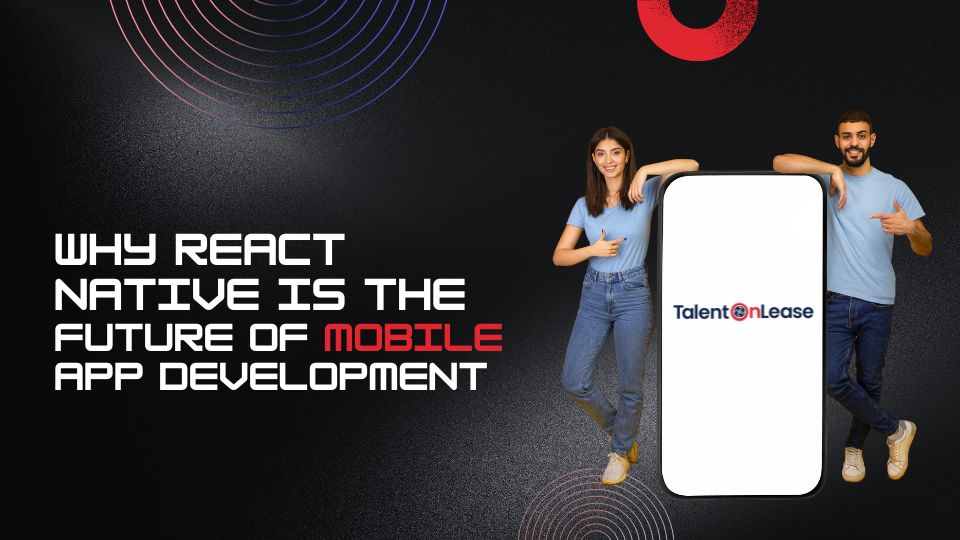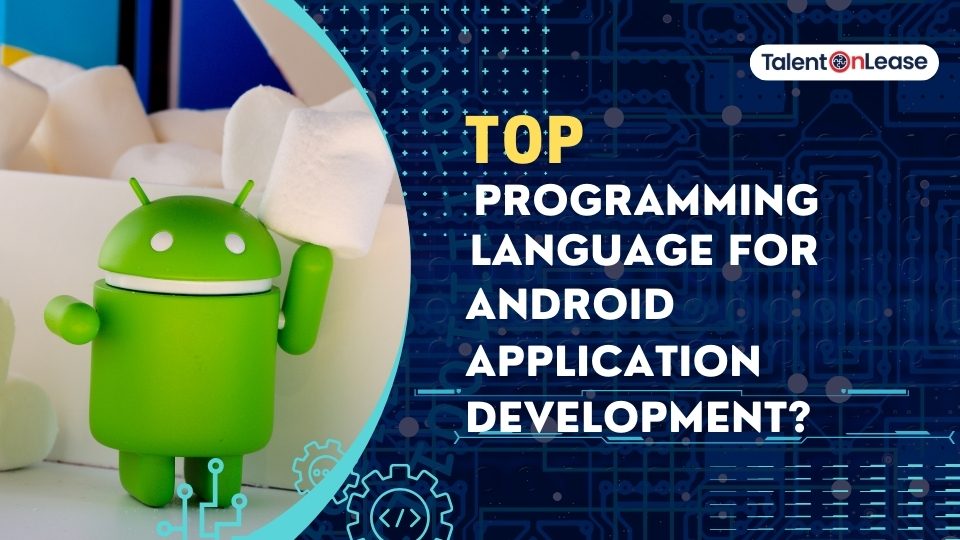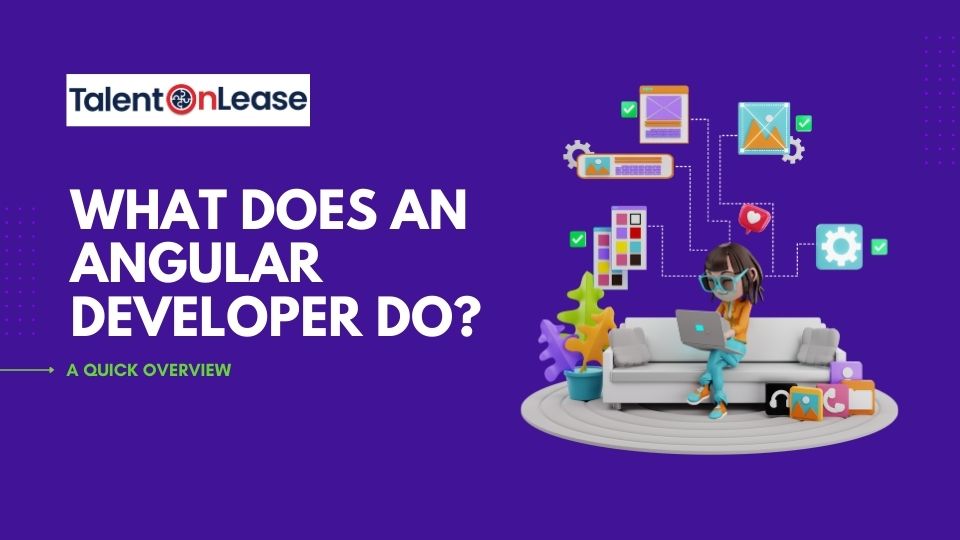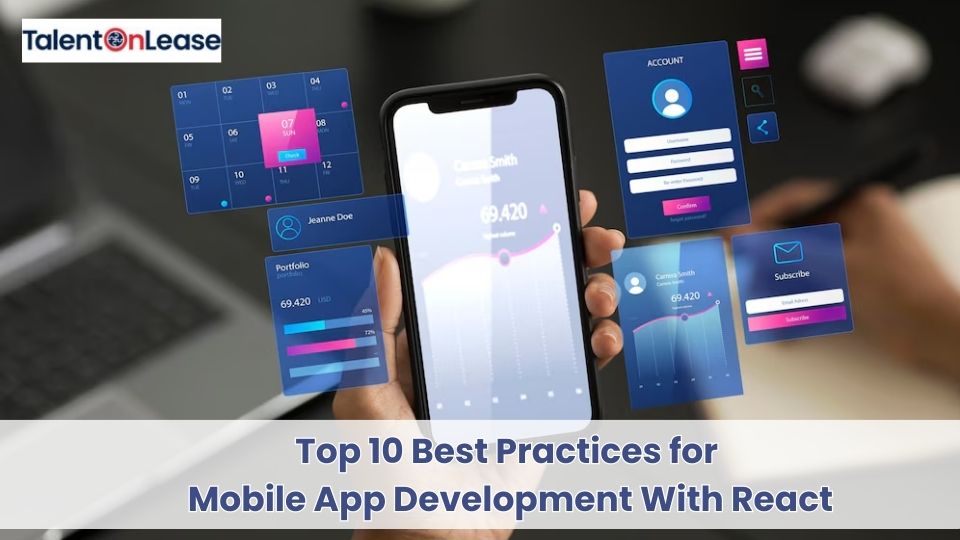Outsourcing vs. In-House: Which is Better for Hiring Android Developers?
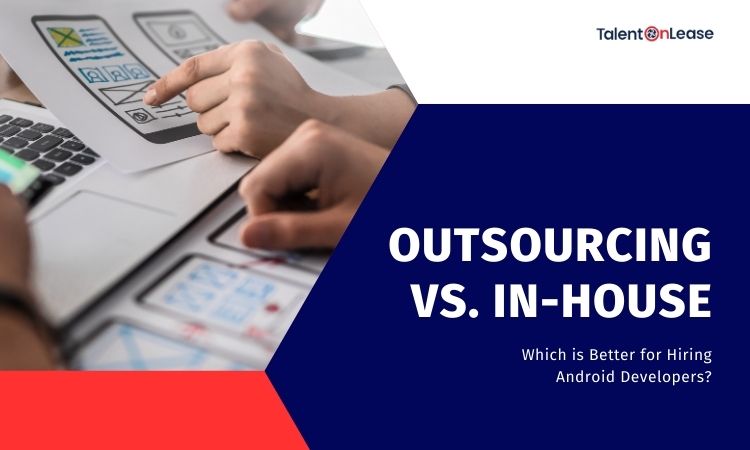
Most businesses often get confused when choosing the right path for developing their dream mobile app. Two methods are widely used in the mobile app development industry
In-house and Outsourcing App Development
And choosing one between these two is not an easy job. Each of the options has its own set of pros and cons. In-housing methods might allow you to have more control over your project but seem to be quite costly. Whereas, outsourcing might cost less but won’t allow you much control over your project.
So, you need to decide which method will be ideal for your project. A wrong decision can negatively impact the success of your project. So choose wisely.
In this article, we will talk about the pros and cons of both mobile development methods. And the key considerations when choosing between in-house and outsourcing.
Understanding the Basics of Hiring Outsourcing and In-House Android Mobile App Developers
What is Outsourcing?
When a business allies with other external companies and hands over their project related to design, development, and mobile app maintenance to them. This is known as outsourcing app development. Outsourcing is much cheaper in comparison to in-house app development.
What is In-House Hiring?
When you create or develop a mobile app by using your organisation’s internal sources, it is known as in-house app development. In-house app development is about hiring a team of dedicated professional developers, designers, and other experts for app development.
In short, it refers to eliminating your dependency on any other third-party app-developing companies.
Importance of App Developers in The Tech Industry:
App developers play a crucial part in the tech industry.
- They drive innovation in the project.
- Enhances user experience.
- Helps businesses reach wider users.
- Assures the security of data.
- Maintains the app and its updates.
Pros and Cons of Outsourcing Android Developers:
Pros of Outsourcing Android Developers
1. Cost effectiveness
Outsourcing is much cheaper in comparison to in-house hiring. Outsourcing allows you to employ highly skilled developers and professionals instead of employing them internally. That too at a much lower cost.
Companies that provide outsourcing facilities can have a good infrastructure and resources. That is why they are able to lower your overhead expenses.
2. Access to a global talent pool
With outsourcing, you get access to talented professionals who have specialised expertise from all over the world. This helps you to form a team of skilled and experienced workforce, regardless of their geographic location. Which may not be available in your local location.
3. Flexibility and scalability
App development is a highly unpredictable and non-linear process. Market disruption, communication and compatibility problems, etc. are some factors that can gradually influence your app development process.
However, an outsourced company can resist all these issues with flexible work processes and tools. They can scale simultaneously to meet the changing demands of your project.
4. Focus on core business activities
By outsourcing app development, you can focus on your core competencies and strategic goals. This will result in improved business productivity and efficiency.
It will further enhance your business’s overall performance.
5. Continuous workflow:
Another advantage of outsourcing is that it ensures a continuous flow of work efficiency and focus. Outsourcing ensures that your app development process is handled smoothly, and efficiently, by professionals without any delays.
Cons of Outsourcing Android Developers
1. Communication barriers
You can face communication barriers while working with outsourcing partners. This can happen due to various reasons, different time zones, language barriers, or cultural variations.
Communication barriers can further lead to misunderstandings, reduced efficiency, and even delays in projects.
2. Quality control issues
Outsourcing can affect the quality of the mobile app development process. Your project may lack direct supervision and quality.
So, you need to build clear quality assurance processes and expectations for your project. This would work as a guideline.
3. Data security concerns
Nobody wants to compromise with their data security. However, when you outsource, you need to share some business data, and proprietary information with your external outsourcing partner which can raise data security concerns.
4. Lack of control over the development process
In outsourcing, you have to give up or delegate some control of the app development process. However, this can lead to multiple problems. You may face problems with decision-making, project management, and changes in direction.
5. Dependence on outsourcing partners
Outsourcing can lead to higher dependency on external providers. If someday the relationship breaks with your outsourcing partner. This can hinder your project development and your ability to address concerns.
Pros and Cons of In-House Hiring Android Developers:
Pros of In-House Hiring Android Developers
1. Control over development process
With in-house skilled app developers, you can directly supervise every phase of your app development process. With in-house hiring, you can make immediate decisions and adjust project priorities.
2. Better communication and collaboration
In an in-house team, you can communicate easily, without any barriers. Being at the same workplace helps in effective collaborations and rapid solutions to issues. It further helps in the efficient exchange of ideas and insights with the team members.
3. Integration with company culture
The in-house method allows app developers to seamlessly blend with your company’s culture and values. This helps them get familiar with your company’s mission, strategies, and objectives. This assures that your app will reflect your brand identity.
4. Confidentiality and security
In-house app development ensures data security and confidentiality. With in-house development, you can maintain strong security standards.
This makes your data protected and allows you to have direct control over data access and protection.
5. Long-term commitment and investment
With in-house app development methods, you can get long-term ownership over intellectual property, code, and other assets as well.
This allows you to have long-term control over the app. Further, you can adapt the app as per your needs.
Cons of In-House Hiring Android Developers:
1. High cost
In-house app development is quite costly as compared to outsourcing development. This is because of the overhead costs such as hiring and maintaining an internal team. Which also includes salaries, benefits, office space, etc.
These expenses can impact your overall project budget.
2. Limited talent pool
In an in-house method, you won’t be able to hire professionals from all over the world. Which makes it quite challenging for you to recruit the right talent.
You might face problems like limited talent resources if you don’t have the necessary skills in-house.
3. Time-consuming recruitment process
Formation of an in-house development team can be time-consuming. This process involves the recruitment of team members, development tools, and other resources.
Recruitment and acquisition require a lot of time. This can eventually delay your app’s launch.
4. Scalability issues
You might find it difficult to scale your changing project’s demand. It might get difficult to manage internally If your company is in need of resources or experiences unexpected growth.
Comparison Table: In-House vs Outsourcing
| Aspect | In-House Development | Outsourced Development |
|---|---|---|
| Management Control | High | Moderate |
| Alignment with Organizational Culture | High | Varies |
| Skill Specialization | Limited | Diverse |
| Cost Efficiency | High | Cost-Efficient |
| Resource Accessibility | Budget-Constrained | Global Talent Pool |
| Time-to-Market | Longer | Shorter |
| Data Security | Easier to Manage | Requires Careful Vetting |
| Communication Efficiency | High | Potential Delays |
| Scalability | Limited | Highly Scalable |
| Turnover Risk | Controlled | Higher |
| Flexibility | Tailored | Flexible Team Size |
| Administrative Overhead | High | Low |
| Core Competency Focus | Challenging | Easy |
| Adaptation to Technology Trends | May Lag | Up-to-Date |
| Commitment Duration | Long-Term | Project-Based |
Key Considerations When Choosing Between Outsourcing and In-House:
When choosing between outsourcing and an in-house Android developer, we need to consider these key points:
- Project complexity and duration
- Budget constraints
- Company’s core competencies
- Confidentiality and security requirements
- Quality control and management
Let’s explore more about these key points
Project complexity and duration
Both in-house and outsourcing have their set of complexities. When talking about resource management and infrastructure, in-house seems to be more complex than outsourcing.
However, outsourcing is considered to be more complex in terms of relationships, and communication.
Budget constraints:
If you are tight on budget. Then it is best to transfer the development process to outsiders (outsourcing).
Company’s core competencies:
When you have various projects to do, you lose direction. If you want to focus on your core competencies, then choose an outsourcing development method.
Confidentiality and security requirements:
If you are someone who cannot compromise with data security, then go for an in-house development method.
Quality control and management:
With in-house you can directly supervise the project, and team members. Hence, ensuring higher quality control and management over the project.
Conclusion:
Both in-house and outsourcing have their set of pros and cons. However, the right to make decisions stays in your hands. Choose the right method after considering their perks and drawbacks.
TalentOnLease is the best IT Recruitment Agency. We have helped many businesses to develop their very own and unique mobile app.
We hope this article has cleared your doubts regarding the in-house and outsourcing app development process.





